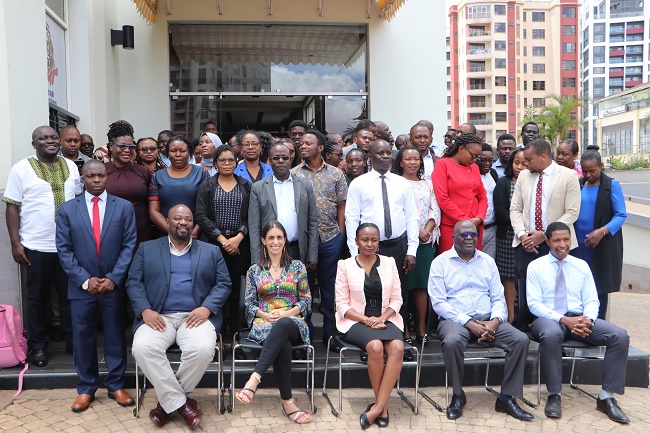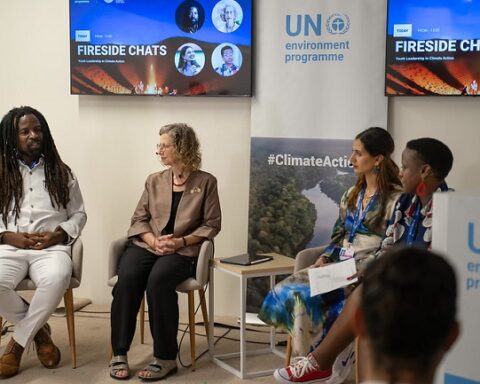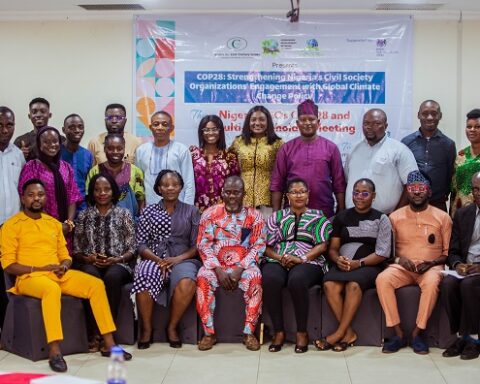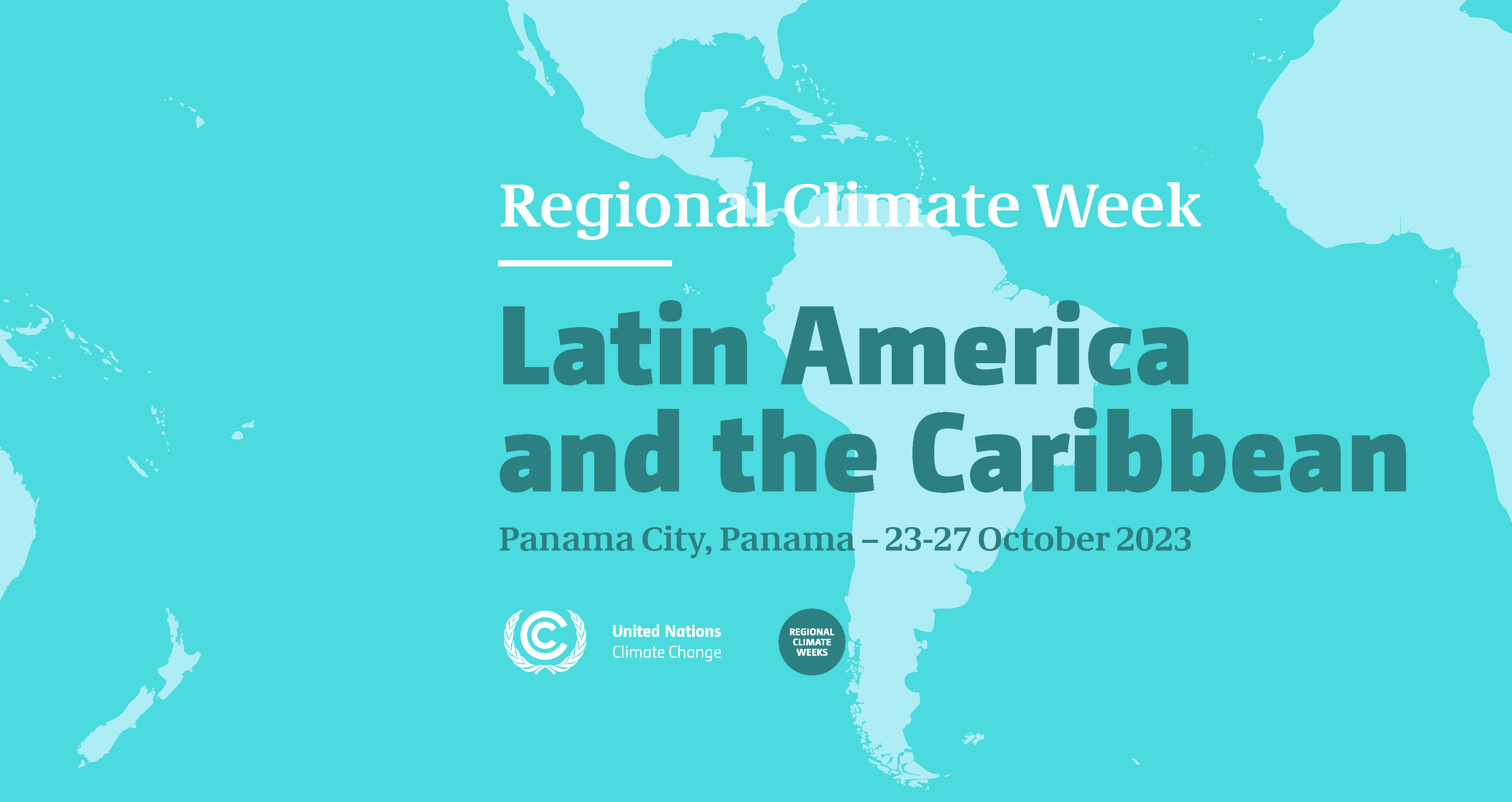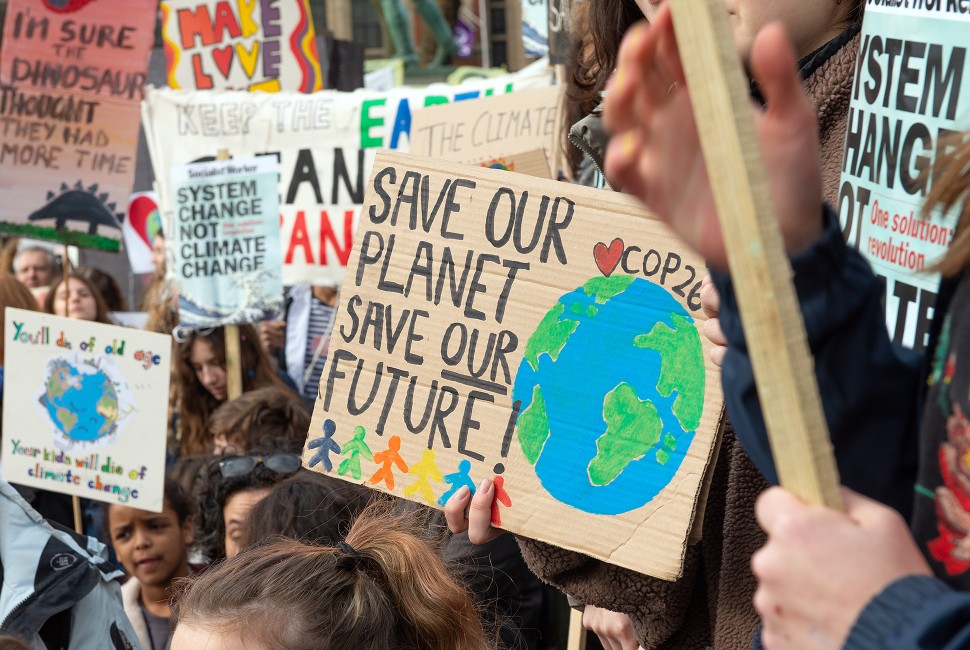The African Group of Negotiators on Climate Change (AGN) has called on climate stakeholders to keep in focus Africa’s special needs as they prepare for the 28th session of the Conference of the Parties (COP28) to the United Nations Framework Convention on Climate Change (UNFCCC) scheduled for Dubai, United Arab Emirates, in November-December 2023.
Speaking during the official opening of a Pre-COP28 Strategy Meeting organised by the African Group of Negotiators Experts Support (AGNES) in Nairobi, Kenya, AGN Chair, Ephraim Mwepya Shitima, said African stakeholders should not lose focus of the key principle of equity and Common but Differentiated Responsibilities and Respective Capacities (CBDR-RC).
CBDR–RC acknowledges the different capabilities and differing responsibilities of individual countries in addressing climate change, and Shitima believes the equity principle takes into consideration and safeguards Africa’s interests and unique circumstances as a continent that contributes negligently to global emissions and yet suffers the most due to its low capacity to adapt to adverse effects of climate change.
“As you deliberate on the various themes during this crucial meeting, I urge you to keep in mind our special circumstances as Africa and the need for us to be allowed policy space and support to achieve sustainable development,” Shitima told delegates from over 31 African countries who are attending the meeting.
“The equity principle is very important as it takes into consideration and safeguards our interests and unique circumstances as a continent that contributes just about four percent to global emissions and yet suffers the most,” he said in a speech read on his behalf by AGN Communication Specialist, Friday Phiri.
As the global conversation on the just transition gains momentum, Africa has repeatedly noted the importance for Africa to be accorded policy space required to develop and means of implementation support to achieve Sustainable Development Goals (SDGs).
The argument is that the Just Transition Work program must recognize and provide policy space and support in consideration of the continent’s unique needs and development circumstances to ensure a fair and equitable shift to low-carbon and climate-resilient development pathways.
Earlier, AGNES Team Leader, George Wamukoya, highlighted the need for continuous engagements and consultations between scientists and negotiators to ensure that Africa’s positions are watertight.
“As AGNES, we believe these interactions between scientists and negotiators are key in ensuring that our positions are framed to succeed as they enable negotiators to effectively engage their counterparts with facts and ensure that Africa’s voice is not just heard, but also respected and create the impact we all desire,” said Dr. Wamukoya.
“The impact of climate change on health, as well as access to water for domestic, agricultural, and industrial use, is one area of growing concern. It is my hope that these great minds will deliberate on how to handle climate-related health issues, including malnutrition, hunger, and water access issues that are a growing concern across the continent,” said Ng’eno.
The Pre-COP28 Strategy Meeting has been convened to reflect on SB58 outcomes, update negotiators on emerging areas of interest, and discuss approaches for COP28.
By Friday Phiri


